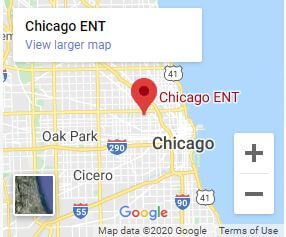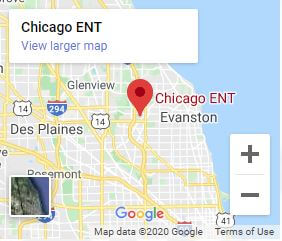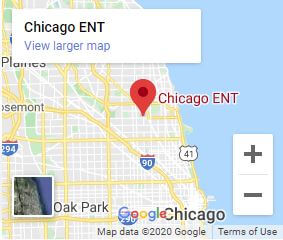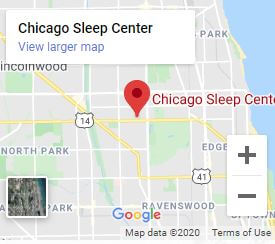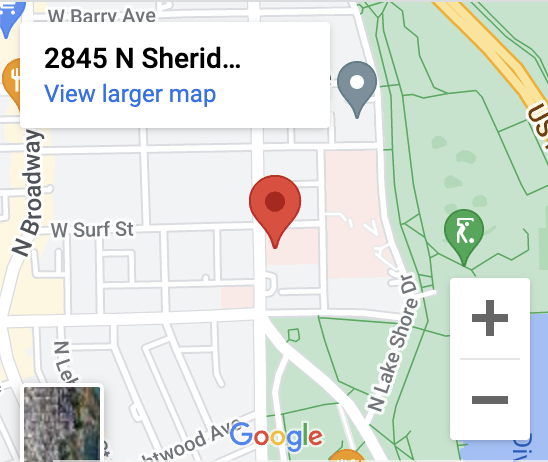Asthma is a chronic inflammatory disease that affects the airways in your lungs. Your airways become inflamed, irritated, and narrowed during an asthma attack.
Early warning signs occur right before or at the start of asthma attacks. Recognizing these symptoms can help you to prevent an asthma attack from worsening or stop it from happening.
Keep reading to learn more about asthma attacks, how to tell when you’re about to have one, what to do during an asthma attack, and how best to treat asthma.
What is an Asthma Attack?
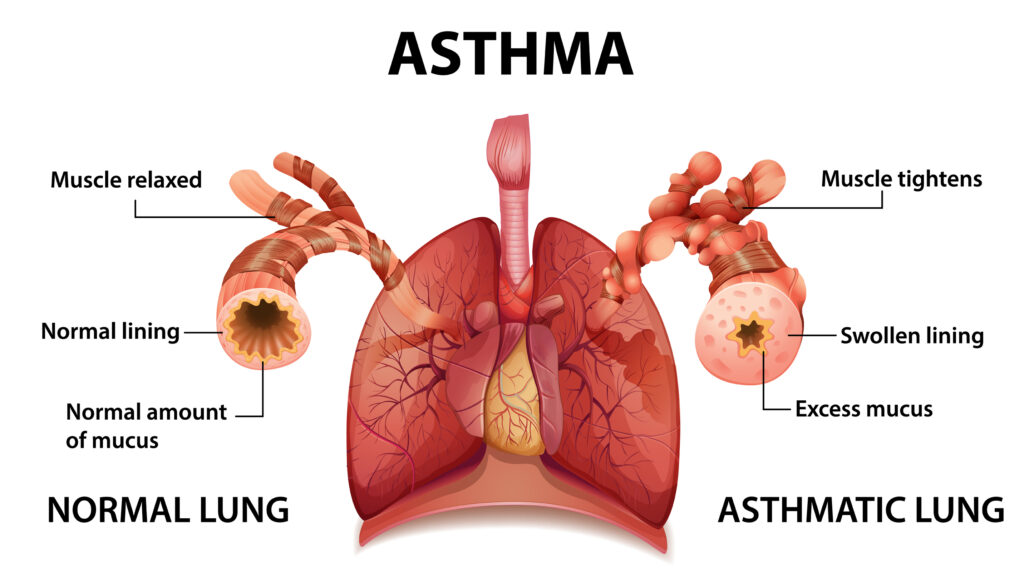
An asthma attack is the sudden onset of asthma symptoms that worsen progressively. Asthma attacks may be mild, moderate, or severe and can be life-threatening.
The duration of an asthma attack varies. Mild attacks last only a few minutes, while severe episodes can last hours or days.
Signs of an Asthma Attack
The symptoms of an asthma attack vary from individual to individual and can occur often or rarely. Some of the warning signs of an asthma attack include:
Shortness of Breath

Feeling short of breath is a common sign of an asthma attack. Breathing takes more effort than usual when your airways become inflamed and narrowed.
You may feel like you can’t breathe or get enough air when experiencing shortness of breath. If it reaches a point where you can’t speak properly because you’re too breathless, seek urgent medical care. That’s a sign of a life-threatening asthma attack.
Wheezing
Wheezing is a high-pitched whistling, rattling, or squeaking sound produced when air flows through narrowed airways. While wheezing is most apparent when you exhale, you’ll also be able to hear it while exhaling.
Chest Tightness

As your airways constrict, you may notice an abrupt tightening in your chest. Chest tightness or pressure feels as though something is squeezing around your chest and is another sign of an asthma attack.
As a result, you may find it hard to take deep breaths. Chest tightness can be uncomfortable and even painful.
Coughing
Coughing can be a tell-tale sign of an asthma attack. When you breathe in something that triggers your asthma, it causes your airways to become irritated and inflamed, causing muscle spasms that prompt coughing fits. The cough can be productive (with mucus) or dry.
Feeling Lightheaded

You might not absorb sufficient oxygen when you can’t breathe normally due to an asthma attack. Consequently, the decreased oxygen levels can make you feel faint or dizzy.
Sweating and Pale Face
Your body may break into a cold sweat when you can’t breathe enough oxygen. Often, sweating and a pale face go hand in hand when you’re about to have an asthma attack.
What to Do During an Asthma Attack

If you have asthma, here are the dos and don’ts of how to act and what to do during an asthma attack. The main thing to remember is to remain calm, as anxiety and panic can worsen your symptoms.
Don’t lie down. Instead, sit upright and loosen tight clothing. Sitting backward on a chair or slightly leaning forward can make breathing easier.
Next, breathe deeply and slowly. If you have your quick-relief inhaler, which is blue, take a puff after every 30 to 60 seconds. You should only take up to 10 puffs. Using an inhaler can help open your airways and alleviate your symptoms.
Seek medical attention or call 911 immediately if you don’t feel any better or worse after ten puffs. If you don’t have a rescue inhaler, contact emergency services immediately.
Minor asthma attacks can stop when you follow an action plan. If you have an action plan, follow all the steps as directed to manage your symptoms.
Remember, knowing precisely when an asthma attack will happen is hard. Discussing your condition with family, friends, and even your employer is an excellent solution. That way, they’ll know how to handle the situation if you get an asthma attack.
How to Treat Asthma
Although there is no cure for asthma, you can control it with appropriate treatment. The type of asthma treatment you need will depend on your symptoms and the severity of your condition.
Your doctor or asthma specialist at Chicago ENT will tailor a treatment plan to improve your symptoms and help you manage your asthma. There are different types of asthma medications, including:
Quick Relief Medications
These are fast-acting medications that offer quick, short-term relief from the symptoms of asthma. Quick relief medications like a rescue inhaler are used as needed and provide immediate relief when you have an attack.
Long-Term Asthma Control Medications
Long-term medications help control chronic asthma symptoms and prevent attacks. Long-term control medicines like corticosteroids can be prescribed alongside a rescue inhaler.
Biologics
Your asthma specialist may suggest biologics as an add-on treatment. Biologics are prescribed if you’re still experiencing severe asthma symptoms despite using control medications as prescribed.
Biologics are made from living cells instead of chemicals. They reduce inflammation by targeting and blocking specific antibodies in your immune system that cause inflammation.
Your Chicago ENT asthma specialist will also create an action plan tailored to your specific needs. An asthma action plan will guide you through how to treat your asthma, depending on the symptoms you’re experiencing.
Additionally, the action plan will outline what to do if you have an asthma attack.
Get Your Asthma Under Control

Whether it’s your first time experiencing asthma symptoms or you require ongoing management, the expert asthma specialists at Chicago ENT help.
We can accurately diagnose asthma, provide effective treatment, and tailor an action plan to manage your asthma correctly.
Are you ready to start breathing easier? Schedule your appointment today at one of Chicago ENT’s convenient locations and get your asthma under control!











